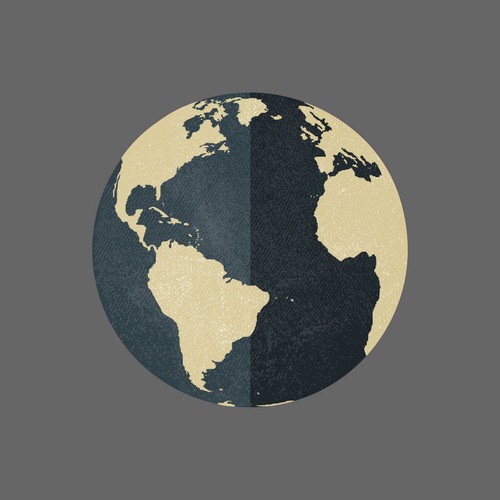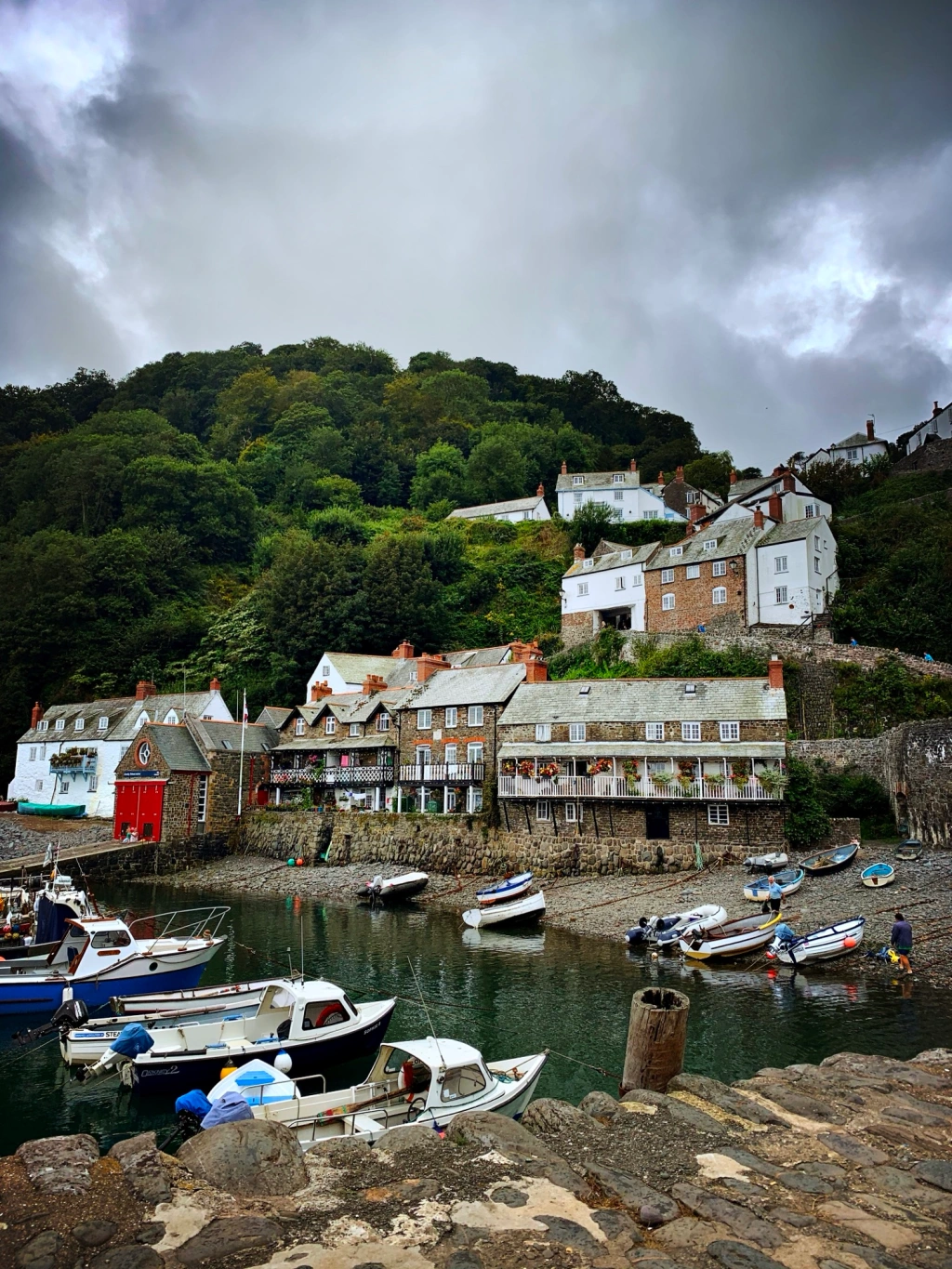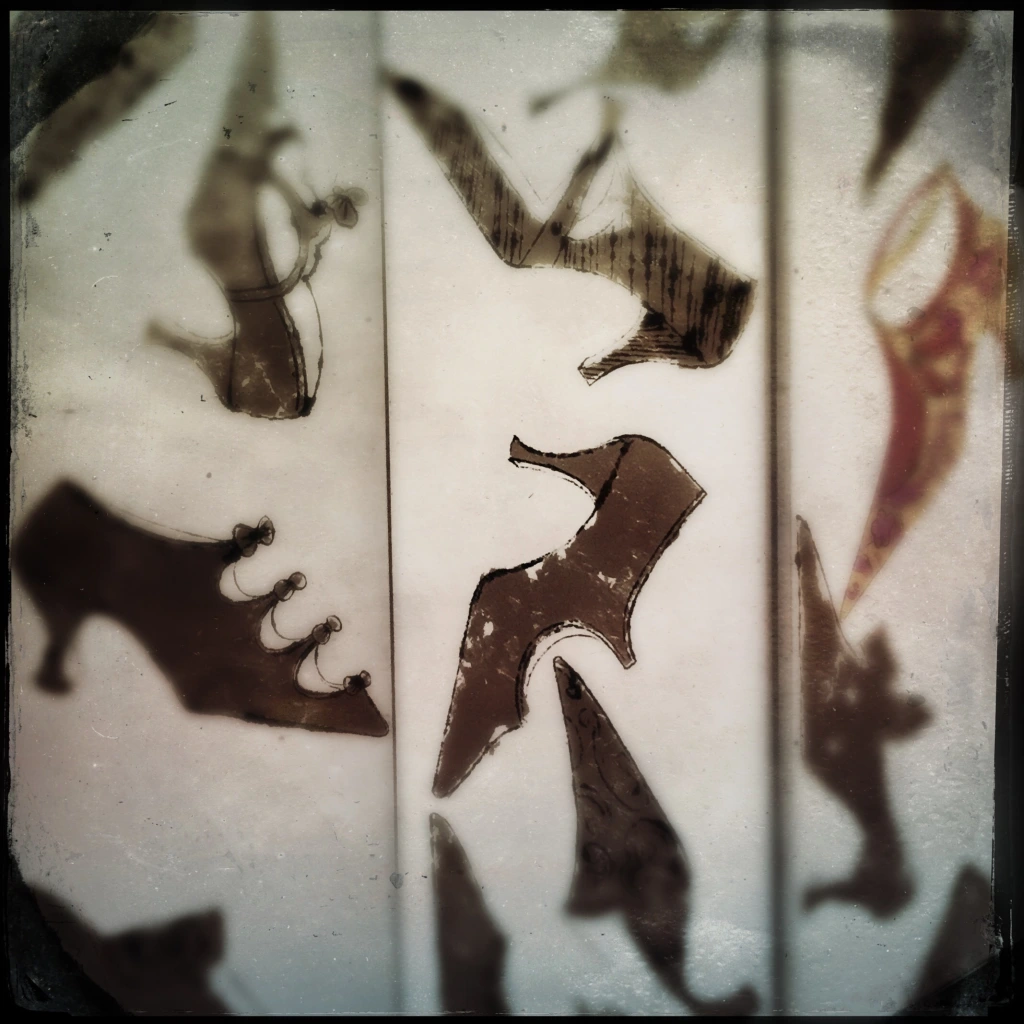Look for the helpers. When disaster strikes or difficulties occur, Mr Roger‘s mother told him to look for the helpers.
“When I was a boy and I would see scary things in the news, my mother would say to me, ‘Look for the helpers. You will always find people who are helping.’ To this day, especially in times of ‘disaster,’ I remember my mother’s words and I am always comforted by realizing that there are still so many helpers—so many caring people in this world.”
It’s something I wished I remembered to tell my own son after a particularly awful community meeting in Auburn about a new Government policy that would leave thousands of people seeking protection in this country destitute.
It’s been a year since that meeting. No amount of lobbying could change the Government outcome. We were powerless to stop its roll out as more people became homeless and desperate.
But here we are. Still trying to change their minds. If not reinstating the support, then creating a fairer system that will process their applications faster. A system where people are not left in limbo, sometimes in detention for years, as their applications for protection are finalised.
We are still circulating petitions. We are organising community forums. We are training people to have positive, breakthrough conversations with their friends and families about the issue.
I am desperately praying and hoping, as I madly pack for London, that one day our attempts would lead to positive outcomes for people who have endured much in search of safety.
In the meantime, I was encouraged to see a grassroots movement called Refugees Welcome Australia (RWA) and meet one of their organisers, Hannah Lai.
It is a movement founded on generosity, hospitality and welcome. A volunteer run organisation that places people with spare rooms with those who are in desperate need of a safe home.

Hannah coordinates the entire process of matching the right people to the right home. And she is a passionate advocate for belonging and welcome.
“The process of gaining protection is such a huge process and a long journey, and Australia is usually that ‘final destination’ that people have been longing for. Then they get here and realise it’s not as dreamy as they thought,” Hannah explains
“People need to feel accepted and like they belong here, while in that limbo, uncertainty and process of waiting.”
She understands that sharing one’s home and a spare room is not for everyone. She isn’t trying to persuade people who are not ready or willing to do this. Rather RWA is trying to harness the generosity that already exists in the community.
“Letting someone into your home is the most personal act of generosity. It is more than a roof, it is a home, a neighbourhood, a family, a place of rest and friendship. There are so many beautiful connections that go beyond that spare room,” she says.
“Refugees Welcome Australia wants to be part of a movement of making Australia more welcoming. And this is just a small piece of that larger picture.”
The process hasn’t been without its challenges. And Hannah is the first to admit it hasn’t been easy.
“There have been many times where I thought I would give up on RWA. More than I can count.
“What has kept me going is my fellow volunteers, Deepak in particular, who is the other half of the RWA team in Sydney. We ask ourselves, “should we (RWA) exist?” And even if it is for that one person that we are able to find a spare room for, then yes, we should exist.
“In whatever movement we are part of, the people around you keep you going.”

What has disheartened her most has been the impact of Government policy on people in desperate need of protection.
“It’s hearing how long people have to wait in order for the government to make a decision. Especially when this impedes people from planting and establishing their lives here. Especially the offshore detention centres in Manus and Nauru. I feel ashamed that a country so able would cause people such distress on such a deliberate scale.”
Refugees Welcome Australia has been operational for about a year. During that time they have placed seven people in Sydney and many more in Brisbane.
“The first person RWA was able to find a spare room for was a young man named Moses*. He was previously a school principal and teacher. He arrived on a student visa in Australia and applied for asylum once he was here.
“However, due to the policy, the person seeking asylum must reach the end of the visa they have arrived on before progressing to a Bridging Visa.
“This meant he could only work 20 hours and he was struggling to maintain rent and studies.
“Through RWA, he found a spare room twice with two hosts that lived in the same suburb. He lived with each host for 6 months before finding his own shared accommodation after that.
“Moses is now graduating and trying to get a job in the education sector. At the same time, waiting for Home Affairs to give him an interview so he can advocate for his need for protection.
“I’ll never forget the first time I met him. He was so humble. He said, ‘I am almost homeless. So if you can find me a spare room I would be so grateful. But if you can’t, I completely understand. This is just another season of my life. I hope to give back one day.’”
This is Hannah Lai.

She is a helper. And the movement she is volunteering for is offering ordinary Australians the chance to be one too.
It is a personal decision to open up our home to another. And there are many good reasons why people cannot do so. But if we do have that space, the financial capacity and other appropriate circumstances to invite someone in to stay for a little while, maybe it can be something to consider.
Perhaps it’s time to stop looking for helpers.
Perhaps it’s time to find different ways to help.
*Name has been changed.






4 responses to “The helpers”
Glad there are people like Hannah Lai in the world.
LikeLiked by 1 person
Me too! 😁
LikeLiked by 1 person
A wonderful and noble calling.
LikeLiked by 1 person
Indeed!
LikeLiked by 1 person